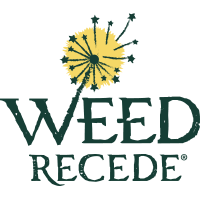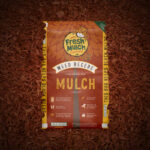Agricultural plastic waste is a significant problem for the environment, as it can contaminate soil, water, and food. However, soil and marine biodegradable plastics can be a potential solution to this problem.
Biodegradable plastics can be used in agricultural applications such as mulch film, crop covers, pots, line, tags, and many other applications.
These plastics can break down naturally in soil, reducing the amount of plastic waste left behind and minimizing the potential for soil contamination. Massive amounts of Plastic Particulate Pollution can move into waterways and cause problems there too.
Marine biodegradable plastics can also be used in aquaculture to reduce the negative impact of plastic waste on marine ecosystems.
For example, marine biodegradable nets and line can be used in fish farms, and biodegradable packaging can be used to transport seafood if its end of life is water.
Persistent Plastic Particulate Pollution caused by typical plastics is proven to be a huge problem to marine life and environments. Plastic waste is impactful and can be dangerous to marine life.
However, it is important to note that not all biodegradable plastics are created equal. Proper testing and certification are necessary to ensure that these plastics break down effectively and do not harm the environment. It is also important to consider the entire life cycle of these plastics, including the resources used to produce them and the methods of disposal.
Overall, soil and marine biodegradable plastics have the potential to be a good solution for agricultural plastic waste, but proper testing, certification, and consideration of the entire life cycle are necessary to ensure that they are an environmentally friendly option.
It makes sense to work with honest providers of these materials. Making false claims about materials can get retailers, growers, and manufacturers in a lot of trouble if they do so.
Claims must show testing methodology used and results of the testing such as time frames and environments etc.
Simply stating that your product is biodegradable can cause a lot of trouble if it is not proven to be true. Claims matter!

